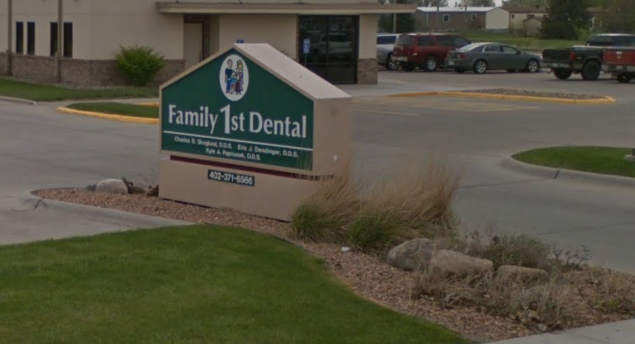
Gum disease, also known as periodontal disease, is a common oral health problem that affects millions of people worldwide. The condition is caused by bacterial infection of the gum tissue, which can lead to inflammation, bleeding, and eventual tooth loss. While gum disease is primarily associated with oral health problems, recent studies have suggested a potential link between gum disease and cancer.
Research has suggested that the inflammation caused by gum disease may contribute to the development of certain types of cancer. Chronic inflammation is known to be a major factor in the development of cancer, and studies have shown that the inflammation associated with gum disease can spread throughout the body and potentially contribute to the development of cancerous cells. In particular, there is evidence to suggest that gum disease may be linked to an increased risk of developing certain types of cancer, such as pancreatic cancer, kidney cancer, and blood cancers such as leukemia and lymphoma.
While the link between gum disease and cancer is still being studied, there are several theories as to how the two may be connected. One theory is that the bacteria that cause gum disease can release toxins that damage DNA, leading to the development of cancerous cells. Another theory is that the inflammation caused by gum disease can weaken the immune system, making it more susceptible to cancerous growths.
While more research is needed to fully understand the link between gum disease and cancer, there are steps that individuals can take to reduce their risk of both conditions. Maintaining good oral hygiene practices, such as brushing and flossing regularly, can help prevent the development of gum disease. Additionally, individuals should seek regular dental checkups to identify and treat gum disease in its early stages.
In addition to good oral hygiene practices, individuals can also reduce their risk of cancer by making healthy lifestyle choices. Eating a diet rich in fruits and vegetables, exercising regularly, and avoiding tobacco products and excessive alcohol consumption can all help reduce the risk of cancer. By taking these steps to improve their overall health and reduce their risk of gum disease and cancer, individuals can take control of their well-being and live healthier, happier lives.
In conclusion, while the link between gum disease and cancer is still being studied, there is evidence to suggest that the inflammation caused by gum disease may contribute to the development of certain types of cancer. By maintaining good oral hygiene practices and making healthy lifestyle choices, individuals can reduce their risk of both gum disease and cancer, and improve their overall health and well-being.





